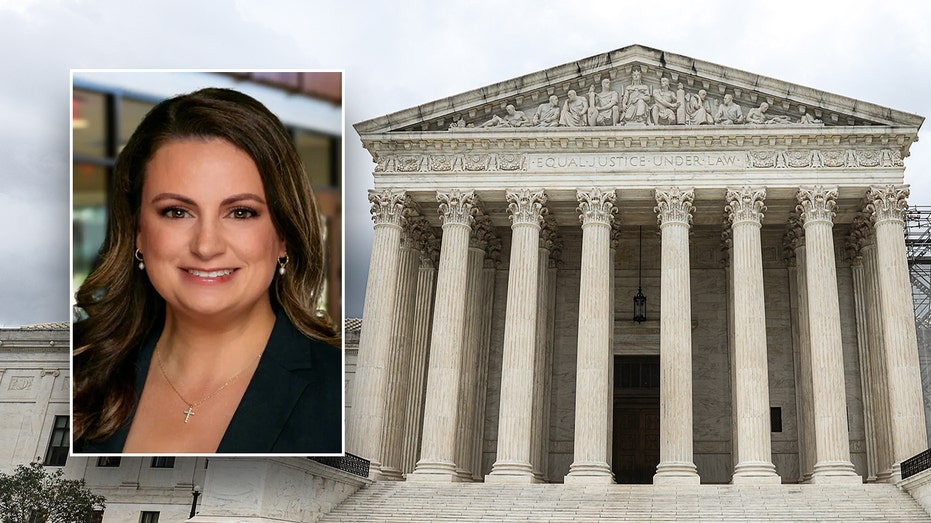Legal Institute Celebrates Supreme Court Ruling: Declares 'Religious Liberty Is Alive and Well'
Tiffany Dunkin praises Supreme Court's unanimous ruling as a major victory for religious freedom and a rebuke of government overreach.

The Supreme Court’s unanimous 9-0 decision in favor of Catholic Charities Bureau marks a significant victory for advocates of religious liberty, according to legal experts involved in the case. The ruling sends a strong signal limiting the government’s reach into decisions about what constitutes religious activity, affirming constitutional protections that have been at the heart of First Amendment debates for decades.
The case centered on whether Catholic Charities Bureau (CCB), a nonprofit organization affiliated with the Diocese of Superior, Wisconsin, should be denied a religious tax exemption. State officials had argued that because CCB’s services—such as care for people with disabilities and mental health challenges—were not explicitly religious in practice nor limited to Catholic beneficiaries, the group did not qualify for the same status as churches or houses of worship.
Justice Sonia Sotomayor, writing on behalf of the court, emphatically rejected this standard, making clear that government authorities may not attempt to define or rank the religious character of charitable work. “The government has no authority to determine what is sufficiently religious,” she stated, underscoring the importance of leaving questions of faith to religious institutions themselves.
Tiffany Dunkin, a legal fellow with First Liberty Institute, described the Supreme Court’s decision as “a huge moment for religious liberty in America.” Speaking after the ruling, Dunkin called the court’s logic straightforward: “This was not a hard call. What Wisconsin was doing… they were saying that Catholic Charities was not a religious institution because they did not proselytize or serve people of their own faith. The First Amendment prohibits the government from doing that.”
Dunkin explained that similar disputes are surfacing across the country, with governments in other states—like Ohio, Colorado, and Arizona—challenging the religious standing of organizations providing food, shelter, and support services. “Even though there are churches doing this kind of work, the governments are saying, ‘Well, you’re not religious enough,’” she said, highlighting the widespread nature of the issue.
The implications of the Supreme Court’s decision extend well beyond Wisconsin. Legal advocates emphasize that if the court had ruled differently, it would have set a dangerous precedent, opening the door for increased government scrutiny into religious doctrine and practices. “It would allow the government to step into the religious doctrine of all faiths more than our Founding Fathers ever intended,” Dunkin warned. “The government cannot step in and get involved in deciding and picking and choosing between one type of religious activity and another.”
The ruling is expected to embolden religious ministries and charities nationwide. According to Dunkin, faith-based groups “should feel emboldened to continue to do what they feel called to do by their religious faith… especially in a charitable sense.” The court’s language, she added, “affirms what the Supreme Court has said for nearly a century—that the government cannot choose which expressions of faith are valid.”
Looking forward, legal experts view the decision as both an affirmation of long-standing First Amendment principles and a renewed commitment to protecting the rights of religious organizations. “We’re encouraged that religious liberty in America is alive and well,” Dunkin concluded. “The government… cannot intrude into telling you exactly what you can and can’t do, whether you’re religious or not religious, in order to receive a government benefit or participate in society.”




